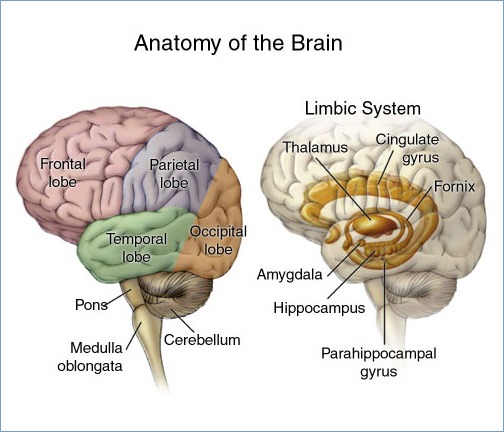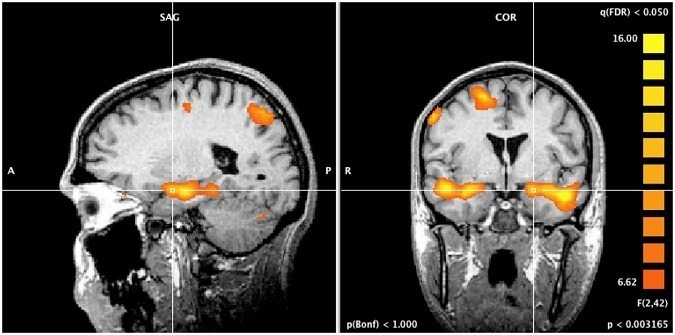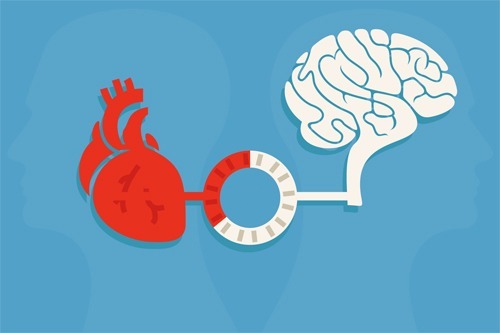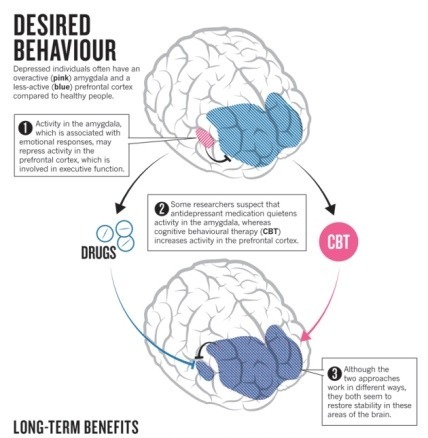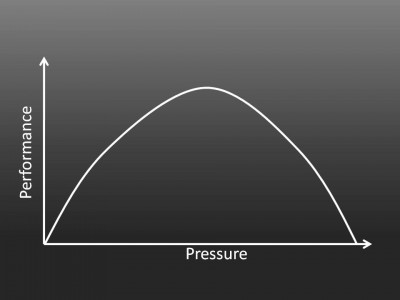Posts Tagged ‘amygdala’
The frontal lobes, the little brain down under and “Stayin’ Alive” (3/3)
__ [Editor’s note: Continued from Exploring the human brain and how it responds to stress (1/3) and On World Health Day 2020, let’s discuss the stress response and the General Adaptation Syndrome (2/3)] More on the Cortex, the Limbic System, and Stress: The cortex is made up of four major sections, arranged from the front…
Read MoreStudy: Cognitive Behavioral Therapy (CBT), not medication, drives long-term rewiring of the brain to help reduce psychosis symptoms
Talking therapy changes the brain’s wiring, study reveals for first time (ScienceDaily): “A new study from King’s College London and South London and Maudsley NHS Foundation Trust has shown for the first time that cognitive behaviour therapy (CBT) strengthens specific connections in the brains of people with psychosis, and that these stronger connections are associated…
Read MoreTo reduce heart disease and stroke risks, regulate stress and improve brain health
—– How stress may increase risk of heart disease and stroke (ScienceDaily): “Heightened activity in the amygdala — a region of the brain involved in stress — is associated with a greater risk of heart disease and stroke, according to a study published in The Lancet that provides new insights into
Read MoreWhat Everyone Should Know About Stress, Brain Health, and Dance
Everyone experiences stress at some point in our lives. It is important to know that stress can harm the brain, and also that dance can be a great avenue for a person resist, reduce, or escape it. Stress can change the physical structure and function of the brain, affecting wiring and thus performance of one’s activities.
Read MoreShould Cognitive Behavioural Therapy (not antidepressant drugs) be the first-line treatment for depression?
— Depression: A change of mind (Nature): “Cognitive therapy, commonly known as cognitive behavioural therapy (CBT), aims to help people to identify and change negative, self-destructive thought patterns. And although it does not work for everyone with depression, data have been accumulating in its favour. “CBT is one of the clear success stories in psychotherapy,”…
Read MoreTrend: School-based programs to enhance resilience and emotional/ cognitive flexibility
— Dozens of programs to encourage resilience have been introduced in schools all over the world, both to help children recover from trauma, but also cope better with their day-to-day stresses. Many use techniques such as
Read More
